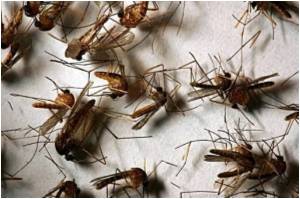The influential consumer watchdog, Which? has quesioned organic farming when organic vegetables are less tasty and contain fewer nutrients than normal produce.

Another study by the London School of Hygiene and Tropical Medicine in 2009, authorized by the Food Standards Authority, established that there were no notable differences in the nutrition value between organic and standard food. So the conclusion drawn was that there was very little rationale in buying expensive, organic food.
This has seriously affected the sales of organically grown foods since consumers were more attracted to the idea of superior taste rather than the ethics of not using pesticides. Now, with these studies that idea has collapsed.
Also, the recession has been another reason to cut back on consuming these expensive produce. The Soil Association disclosed that during 2009 home delivery organic vegetable and fruit boxes saw a 9.8 per cent slump, while sales of organic goods in supermarkets fell by 12.2 per cent, and in farm shops and health food outlets by 17.7 per cent. Even the Prince of Wales, a principal advocate of organically grown foods, has been affected as his company, Duchy Originals, has had its turnover halved and has gone through a loss of £3.3 million.
Yet, Which? Gardening has been criticized for not focusing on the most important reason for going organic – the harmful effects of pesticides were negated with organic farming. Editor Ceri Thomas does admit that the trial did not consider this important aspect and seems to concede that, “Whatever methods you use, any gardener will tell you that homegrown fruit and veg beat supermarket fare hands down.”
Emma Hockridge, head of policy at the Soil Association has commented that it has been irresponsible of the watchdog not to take into consideration the impact of pesticides on living organisms besides the expense of clearing the poison from the system.
Advertisements
Advertisements
Source-Medindia














